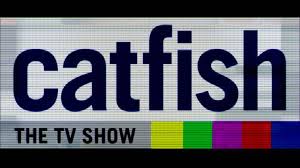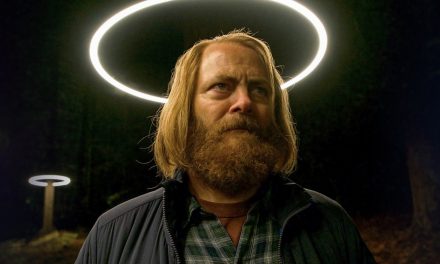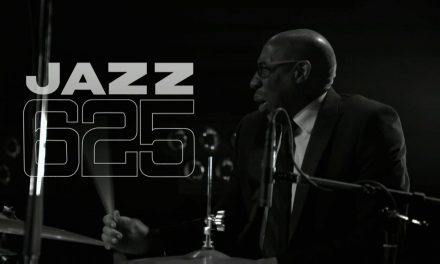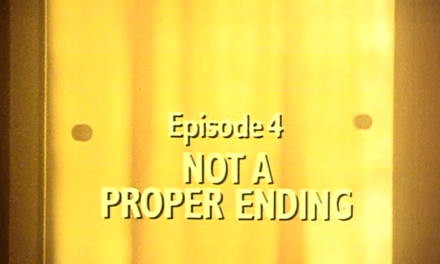I sometimes feel like a bit of an imposter. As women working in academia, we probably all feel a little like this. With me, that feeling is also because being an academic is my second career; my first was as a programme maker for the BBC, something I loved doing for twenty years. I was a series producer of mostly factual and lifestyle programmes, as well as a couple of documentary series. In 2008, a restructuring led to redundancies at BBC Birmingham, meaning that I was one of five (out of eight) series producers who had to go. I was lucky enough to secure a role at Birmingham City University (BCU), leading the Television pathway of the BA Media and Communication degree. I knew about making television programmes, but I had never taught before, and I had never researched academically (other than during my undergraduate degree). I thought I could pick these things up, and in the main, I have. With the support of BCU, I completed a PG Cert, then an MA in Education and eventually a PhD at Royal Holloway, alongside my job. I enjoy teaching, and I equally enjoy researching.
One of the things that surprised me about working for a university was the intellectual freedom I had. About a year after I started, I suggested an idea for a project focussed on collecting and celebrating the history of BBC Birmingham, during the era of the famous Pebble Mill studios, to the leaders of our research centre. I was told to just get on with it. I thought I would have to present a detailed case, and someone would explain to me why this was not a viable idea. Liberated by this belief in me, and with the help of colleagues and some funding I had managed to secure, I launched the Pebble Mill project. Thirteen years later, the website and its associated Facebook page are still going strong. The website receives over 60,000 views per year; there are around 2,000 posts on the site and around 1,900 users of the Facebook page. Being an ‘insider’ was key to the success of the project.
I’m still fascinated by the history of the BBC in Birmingham, and I cannot let go of that original research project, but I have also developed new interests, particularly around the history of women working in television production in both above and below-the-line roles. Currently, I am focussing on documenting the histories of television costume and make-up workers, using my production skills to record video and oral history interviews.
Having a television background can be both a positive and a negative for this work – but mostly, it is a benefit. The major advantage is that I know potential research subjects and can usually track them down. If I do not know them personally, then generally, I am able to find someone else in my production network who does. Using the Pebble Mill Studios Facebook page can also be effective, with different people often contributing different bits of information. One person may suggest a particular person to approach, and someone else might have a contact number or means of getting in touch. Because people knew me as a BBC colleague, or know of me through friends, there is a trust there that would be difficult for an outsider to have. This means that people are more likely to agree to speak to me in the first place, and potentially be interviewed by me later.
Having a shared understanding and often a shared past is another advantage. A participant knows that I understand how television production works, or worked, and therefore doesn’t have to explain everything in detail. I understand the culture and the jargon, and an oral history-type interview can, hopefully, feel more like a relaxed conversation than an interrogation.
For several years of my television career, I worked as a programme researcher. My job was to find stories, contributors, locations and background information. I developed ways of pursuing multiple lines of enquiry at once and thinking of ways I could work around the dead-ends I might encounter. I learnt to think laterally and speak to people to fill in the gaps in my knowledge. I still draw on the skills I developed there in my academic work. If I cannot find a suitable research participant through one route, I’ll try another, and instead of persuading someone that they want to appear on television, I’ll persuade them to take part in an academic study. The same applies to finding archival sources. When we’re researching women’s broadcasting careers, we are often frustrated by the lack of archival traces in the institutional collections. I was disappointed recently that the BBC Written Archives at Caversham had no personal files for any of the women I was researching, despite some of them being heads of departments. However, I could find these women mentioned in memos that discussed their recruitment, in the minutes of meetings they had held and in the BBC directories.
On the downside, having a programme-making background means that I lack objectivity, I have an inherent bias, and because I understand the culture and how production works, perhaps I do not ask some of the questions that other academics would. I find it hard to stop thinking like a producer and instead like an academic researcher. For instance, I want to edit the oral histories I record, to make them look and sound better, something which affects their authenticity and which some academic colleagues question.
I need to accept that my production past makes me a different kind of academic, not a more, or less, valuable one. I’m also not unique and have met several highly respected academic colleagues and friends who share a production background, and I do think it makes our work of researching women’s broadcast histories both easier and better.
Dr Vanessa Jackson is a former BBC series producer and now an associate professor in the College of English and Media at Birmingham City University. She teaches television production to undergraduates and works on employability & enterprise activities. She completed her PhD in television historiography under the supervision of Professor John Ellis at Royal Holloway, University of London, in 2018. Her research interests include the history of television production, women’s roles in the television industry, as well as the uses of social media in community history projects. She has also published on the use of social media in enhancing student employability and engagement.






